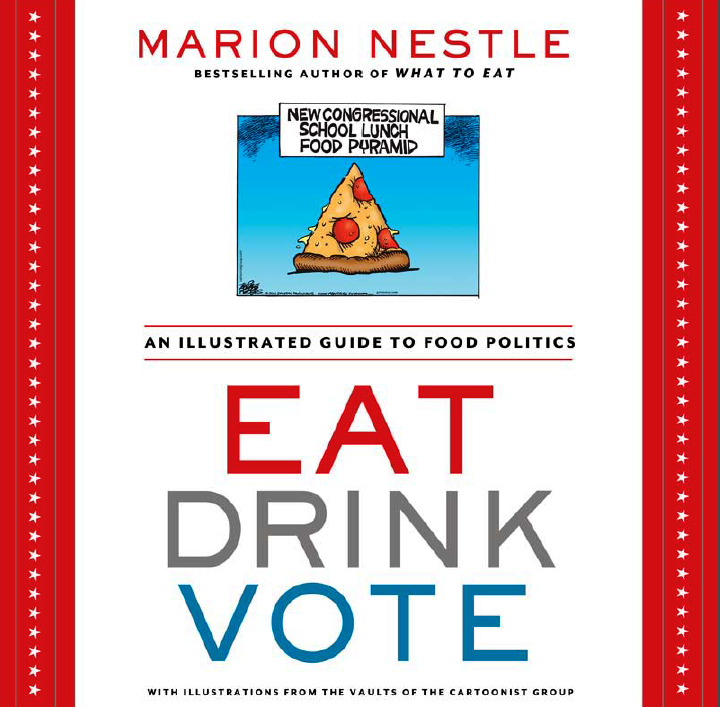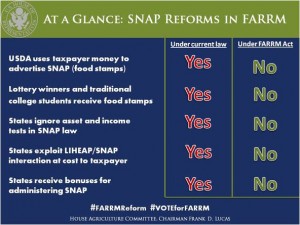World Health Organization takes on the food industry
I’ve just been sent a copy of the opening address given by the Director-General of the World Health Organization, Dr Margaret Chan, to a Global Conference on Health Promotion in Helsinki on June 10.
Here is an excerpt from her extraordinary remarks:
Today, getting people to lead healthy lifestyles and adopt healthy behaviours faces opposition from forces that are not so friendly. Not at all.
Efforts to prevent noncommunicable [chronic] diseases go against the business interests of powerful economic operators.
In my view, this is one of the biggest challenges facing health promotion…it is not just Big Tobacco anymore. Public health must also contend with Big Food, Big Soda,and Big Alcohol.
All of these industries fear regulation, and protect themselves by using the same tactics.
Research has documented these tactics well. They include front groups, lobbies, promises of self-regulation, lawsuits, and industry-funded research that confuses the evidence and keeps the public in doubt.
Tactics also include gifts, grants, and contributions to worthy causes that cast these industries as respectable corporate citizens in the eyes of politicians and the public.
They include arguments that place the responsibility for harm to health on individuals, and portray government actions as interference in personal liberties and free choice.
This is formidable opposition. Market power readily translates into political power…
Not one single country has managed to turn around its obesity epidemic in all age groups. This is not a failure of individual will-power. This is a failure of political will to take on big business…
I am deeply concerned by two recent trends.
The first relates to trade agreements. Governments introducing measures to protect the health of their citizens are being taken to court, and challenged in litigation. This is dangerous.
The second is efforts by industry to shape the public health policies and strategies that affect their products. When industry is involved in policy-making, rest assured that the most effective control measures will be downplayed or left out entirely. This, too, is well documented, and dangerous.
In the view of WHO, the formulation of health policies must be protected from distortion by commercial or vested interests.
Dr. Chan was courageous to say this so clearly. Would that our health officials would be as brave.





